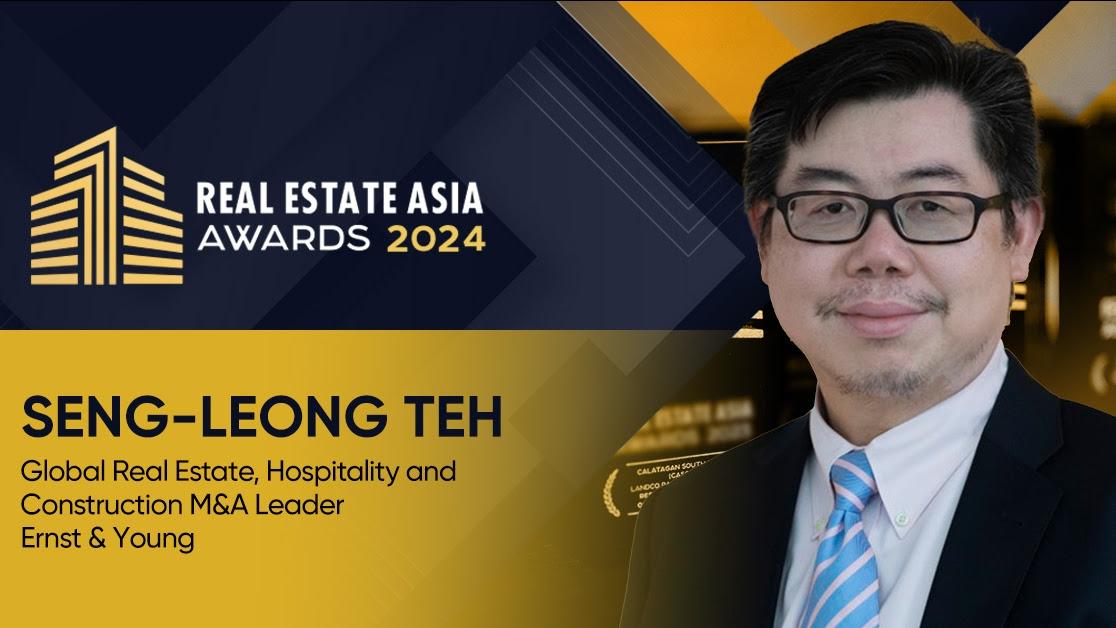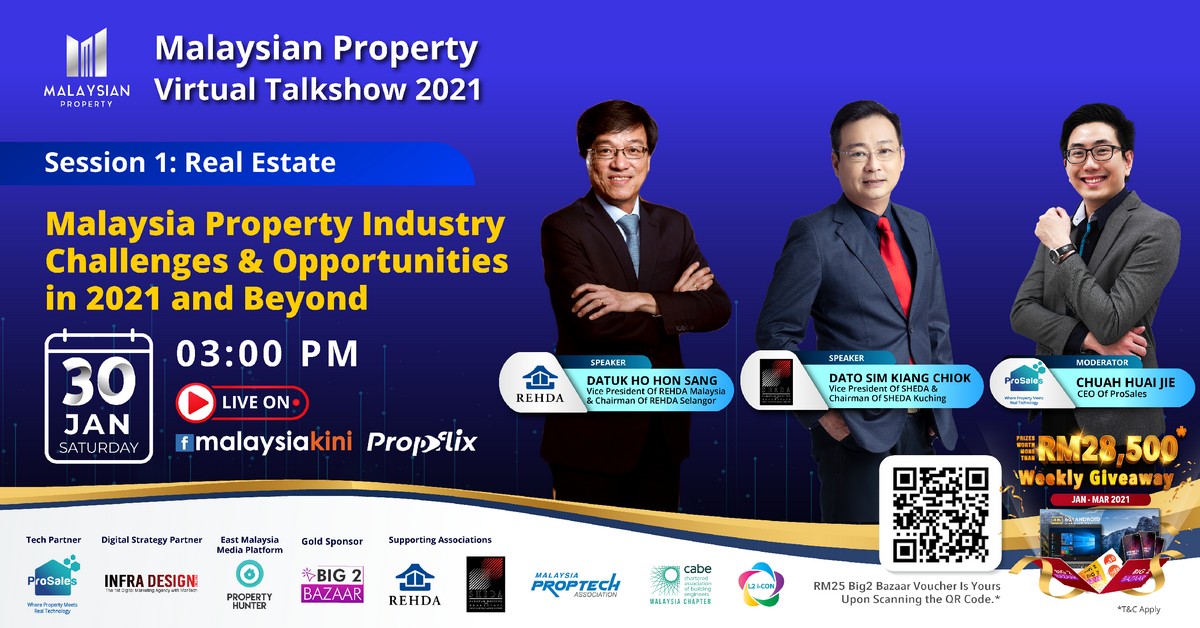The realm of real estate is a dynamic landscape, constantly shaped by global trends and industry-specific challenges. In the current landscape, companies face a delicate balancing act between seizing opportunities and mitigating risks.
As sustainability goals, technological disruptions, and shifting interest rates take centre stage, the real estate industry is compelled to adapt swiftly. To shed light on navigating these challenges, we turn to Seng-Leong Teh, a seasoned professional and Partner for Financial Due Diligence with Ernst & Young in Singapore. His extensive experience as the ASEAN Strategy and Transactions Leader and Global RHC M&A Leader uniquely positions him to offer invaluable insights into the strategies and transformations required for real estate companies to thrive in these turbulent times.
With over 18 years at Ernst & Young Singapore, he has immersed himself in a variety of real estate transactions. Throughout his career, Seng-Leong Teh has collaborated with prominent entities such as Mapletree, Frasers, Goldman Sachs, and GIC RE, providing strategic advisory support on investments and divestments. His expertise extends beyond borders, offering a global perspective on the challenges and opportunities that define the real estate landscape.
As a judge in the Real Estate Asia Awards 2024 Seng-Leong Teh, delves into pressing questions surrounding the future of real estate. From the impact of megatrends to the strategies that can propel real estate firms forward, Seng-Leong Teh provides a comprehensive overview of the industry's landscape.
In helping businesses understand the megatrends impacting their sector, how do you make sure that they are prepared for the risks or challenges that come with such trends?
Sustainability (especially net zero or low carbon targets) and higher rates for longer and continued technological disruptions (AI, big data, and hybrid work) are causing major challenges. These factors are impacting the strategies of real estate companies.
In order to be prepared to understand such megatrends, there is a need to clarify which are the various trends that are fads vs what are secular changes that real estate companies would have to change to adopt.
What trends and opportunities can real estate firms tap on in 2024 and how are they going to be successful in doing so?
The increased rates are causing prolonged challenges to real estate companies (be it funds, investment trusts or development); however, there are interest rate differentials between different markets (e.g. Japan, EU and Hong Kong).
These dislocations are opportunities for capital that are looking to take advantage of the dislocations.
The net-zero and low carbon targets have slightly different implications – beyond capex replacement to improve efficiencies in power (e.g. commercial real estate), there are also business model innovations such as conversions of retail space uses to include EV charging to diversify tenancy mix.
In addition, a net zero/low carbon target is no longer just an option but the recent COP28 has indicated that the sustainability trend within the real asset sector will continue. As such, it is no longer an option but mandatory to figure out how it will impact specific real estate players.
How can industry players stay on top of their sustainability targets in the near future and why do you think it is important to do so?
The leading players who embraced ESG early are benefitting from their early adoption – the market for green funds is growing and will continue to develop. Whilst the interest differential is still small as compared to the cost of compliance, it is a necessary first step.
The market will see a divergence between leaders and laggards. It is important for real estate players to focus on relevant key targets and for this, it is probably important to have an industry solution in response to the ESG targets being set by regulators.
In an increasingly technological industry, how can market players utilise digital transformation initiatives in providing long-term value for their portfolio and/or organisations?
Market players need to look at their property management capability and determine how much of their cost structure is still heavily dependent on labour.
COVID, though it feels a long time away, provided us with an opportunity to adopt digital tools to work and communicate virtually and seamlessly. With the sustainability trend continuing, there is a continued need to invest in digital tools to measure the performances of asset classes.
As part of this year’s esteemed panel of judges for the Real Estate Asia Awards, what qualities are you looking for in this year’s nominees?
The increased and longer interest rates will now differentiate between amateurs and professional investors. For those who have been able to diversify from their traditional asset classes, such as commercial real estate and early adopters such as industrial (e-commerce) and data centres, they will benefit from this significant change in asset classes.
The key quality will be resilience of the asset class and how management teams are able to manage the asset and tenant mix will be key, as focusing on income instead of capital gain will be the priority for the next two years.
_PH_Banner_(Desktop)(1200x180px).png)
.jpeg)





.jpg)


.jpg)
.jpg)



.jpeg)
